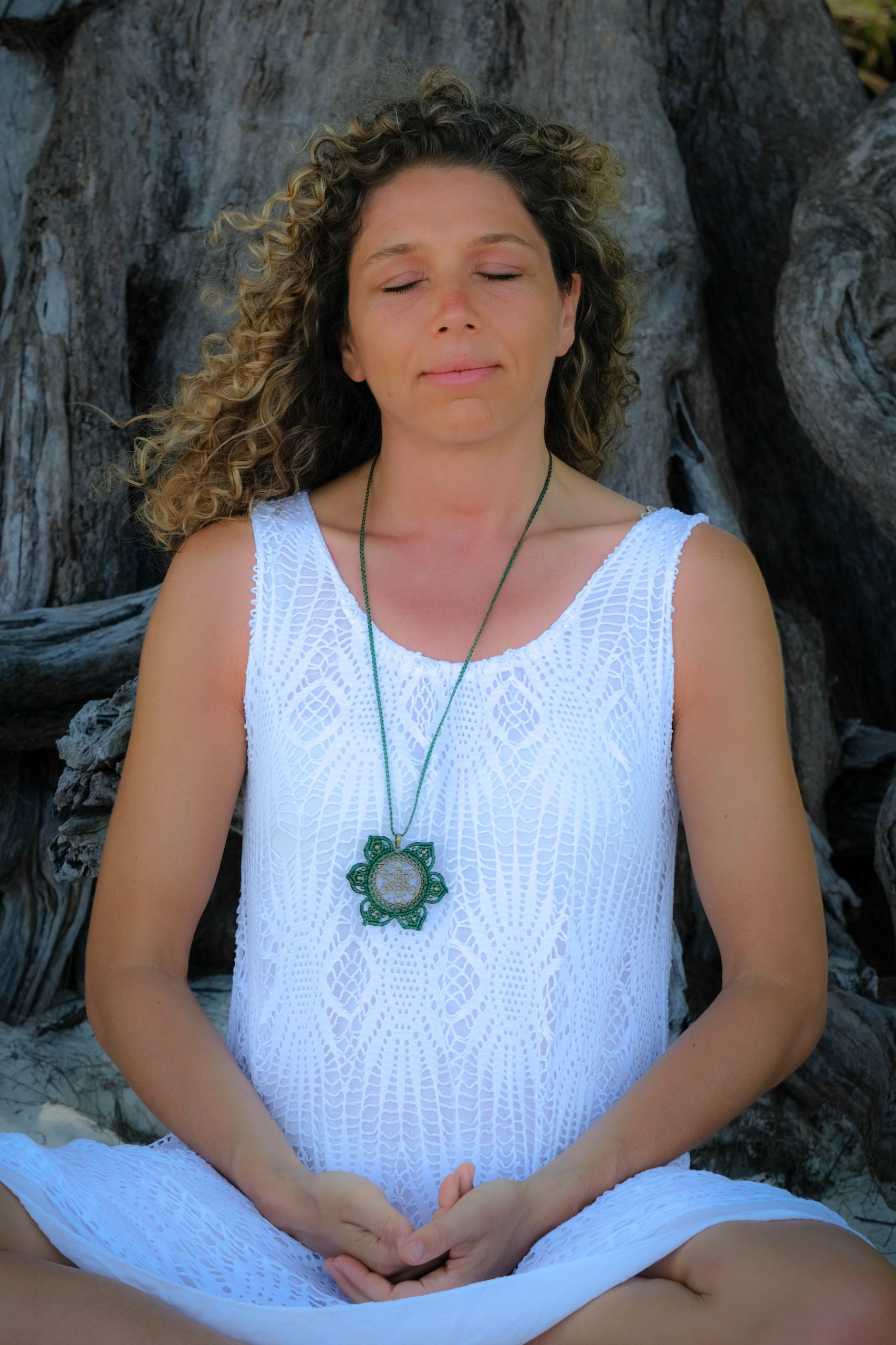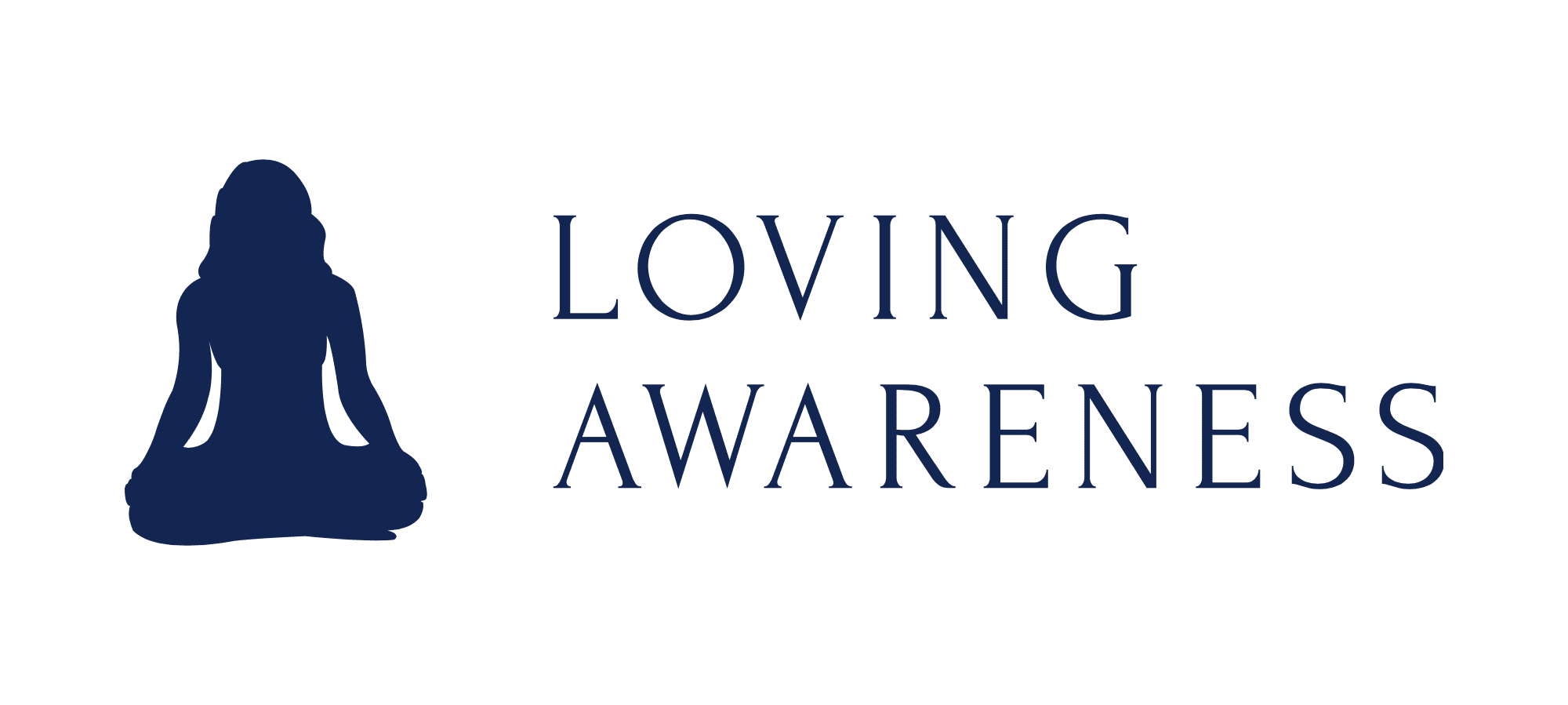What is MBSR Mindfulness Training?
MBSR stands for Mindfulness-Based Stress Reduction. It is a program specially developed to learn to deal with stressful situations differently. With consistent practice, you can remain calm, balanced, and focused not matter what.
Because of the scientifically proven benefits, MBSR-trainings are being refunded by most of the Dutch Health Insurers (I am VMBN certified Category 1 MBSR Mindfulness Trainer.)
For a list of health insurers, please see here. To be certain, contact your own health insurance to check if and under which conditions the training will be refunded by them.

The importance of calming down our mind
Calming down our mind is essential in today’s hectic society. In a roughly flowing full stream you can only see muddy water. On the other hand, in a still lake the sand falls down to the bottom and you can see clearly what lies deep below the surface.
When you are always busy, you have no means of knowing yourself or what is essential to your life & well-being. Your mind is like that muddy stream, always full and always clouded.
Even more crucial at work, if you work non-stop, you lose your focus, clear sightedness and your creativity.
To live a happy & fulfilling life, you need to become quiet and listen, placing your attention within. To be productive at work and come up with creative solutions, you need clarity and centredness in your mind.
Let me teach you how to do this.
Benefits of Mindfulness:
N.B. Mindfulness is a skill that you learn in an 8-week training.
If you continue to apply the exercises learned in the 8 weeks,
Mindfulness offers a whole spectrum of improvements in your life.
.
What will you learn in the 8-week MBSR Training?
8-Week Overview
In 8 weeks, you will make an inner journey.
The program offers simple exercises which have a profound effect.
It is therefore essential that you are, in principle, present at every lesson. Of course, you can miss once if necessary.
If you want the maximum effect from the training, it is vital that you practice about. 45 min daily.
Silent Morning or Evening between week 6 en 7
After week 6 there is a Silence Day, usually on a Sunday from 10 am-4 pm.
Spending a longer period of time in silence with awareness focused on yourself, deepens your quality of mindfulness.
The Silence Day is an invitation to get acquainted with a deeper level of awareness and to see how the thoughts come and go.
- 1Living on automatic pilot
Mindfulness starts with recognizing the tendency to live on autopilot. - 2Relating to obstacles and challenges
Many of our reactions consist of a tendency to hold onto the pleasant and push away the unpleasant. These reactions are obstacles to being fully present in the here and now. - 3Getting to know our boundaries
Mindfulness can help us learn to know and respect our own limitations. The body is a source of information in this regard. - 4The landscape of stress
We have more stress than we think and this has a greater impact than we think. - 5Responding to stress with awareness
In case of an unpleasant experience that we want to push away, we can learn - for the moment - to accept the situation as it is, and observe our mental, emotional and physical response to it. When we take a little distance, we can make room for alternative choices and respond more adequately. - 6Thoughts are not facts
Thoughts and feelings are closely linked. One summons the other. Thoughts are not facts. They come and go quite randomly and automatically. We are not our thoughts. - 7Self care: how can I take better care of myself?
Now that you are more aware of your personal patterns and pitfalls: Create an appropriate realistic program to integrate Mindfulness into your life. - 8Integrating what you have learned
Practicing mindfulness regularly strengthens your inner balance and resilience in the face of life's challenges.
Participants' Feedback (sorry in Dutch):
Ik vind het een hele fijne cursus. Mooie uitdagingen en inzichten voor mezelf om te ontdekken en leren omgaan met ingebouwde routines en oordelen.
(3 jaar na de cursus:) De mooie verschillende tools die je meekrijgt helpen mij nog steeds in stress- momenten. Ze zijn een onderdeel van mijn dagelijks leven geworden.
Anja ●
Ik merk dat ik me bewuster ben als ik niet ontspannen ben. Als ik het opmerk kan ik mijn houding aanpassen en een meer ontspannen houding aannemen en daarmee meteen meer in het moment blijven. Dat voelt heel fijn.
Jouw manier van lesgeven vond ik heel fijn, je rustige fijne open houding was heel prettig.
Jennifer ●
Knap hoe je blanco/ zonder oordeel op elke vraag en opmerking heel geduldig in kunt gaan.
Mooi om te zien dat deze MBSR opleiding ook heel goed online te volgen is. Je fijne stem helpt daarbij!
Mariette ●
Choose a MBSR & Emotions Training
(MBSR = Mindfulness Based Stress Reduction)
Scientifically proven stress reduction after 8 weeks of mindfulness training
General Info Group Training MBSR & Emotions:
MBSR & Emotions Training is a stress reduction training focused on dealing with difficult emotions or not feeling emotions.
Duration training: 8 sessions in 8 weeks and an optional silent Sunday day.
Length sessions: 2 hours
Where: Dutch classes in-person in Amsterdam. English classes live online through Zoom (we meet weekly on Zoom)
Group size: max 12 participants
Costs: EUR 450 p.p. (Many Dutch Health Insurers reimburse the training up to EUR 350, check the list here.)
Wed 7 February '24
(Dutch Group in-person)
19:00-21:00
7, 14, 28 February '24
6, 13, 20, 27 March '24
3 April '24
Optional Silent Day:
Sunday 24 March '24 10 am-3 pm
English Group
Please contact me for options on
06-28671647
or
catherine@loving-awareness.com
Wed 8 May '24
(Dutch Group in-person)
19:00-21:00
8, 15, 22, 29 May '24
5, 19, 26 June '24
3 July '24
Optional Silent Day:
Sunday 23 June '24 from 10 am-3 pm
Other day for a Dutch group
Please contact me for options on
06-28671647
or
catherine@loving-awareness.com
Jon Kabat-Zinn
“Mindfulness practice means that we commit fully in each moment to be present; inviting ourselves to interface with this moment in full awareness, with the intention to embody as best we can an orientation of calmness, mindfulness, and equanimity right here and right now.”
FAQ
Mindfulness is training in attention. With mindfulness, you learn to get in touch with the here and now. You observe, as it were, your thought processes and feelings.
This gives you more distance from your thoughts, and you are less swept up by all the thoughts that pass by in a day. You will feel more inner peace and more balanced, and less caught up in the drama of your thoughts and feelings. So you learn to feel better and become aware of what is happening inside you.
Great you noticed that you have so many thoughts in your mind! This is actually the first step in the Mindfulness training: to become aware how much we think and how tense and restless our bodies are.
We do have an endless stream of thoughts, plans, regrets and daydreaming. That is the nature of the mind. The mind produces thoughts.
Your mind does not have to be empty. Mindfulness offers an opportunity to learn to deal with your mind differently. To perceive them, without being constantly dragged into them.
By bringing your attention back to the breath again and again, you learn to distance yourself from the spinning in your head. You can concentrate better, you relax more easily. In the end, the mind will become calmer.
Great you noticed your restlessness! This is one of the first step in the Mindfulness training: to become aware how much we think and how tense and restless our bodies are.
Mindfulness training is a training in which we train attention. You do not necessarily have to sit still. We bring attention to the experience in this moment, moment by moment.
An experience is not right or wrong. You may experience restlessness and impatience, you may notice a pleasant thought, you may feel uncomfortable or very good or neutral.
The message, as long as it is there, is to stay with it, to look at what presents itself with a friendly non-judgmental look. And at some point it will different again. Especially when you are restless or busy, mindfulness is helpful to come to yourself and learn to take a rest.
Practicing at home for 45 min/day during the 8-week training is an essential part of the training and an important condition for success. Your effort determines the result.
If you know beforehand that you will have too little time to practice during the training period, it makes sense to postpone the training to a period in which you can make time for yourself.
No, you do not have to share anything you do not want to share. Mindfulness training is not a 'counseling group' either. There is no need to talk about specific events.
The main thing is that you become (more) aware of your experiences (mental, emotional, physical) and that you also see how you relate to those experiences, how you deal with them. The goal is to gain insight into your experience, your reaction to that, ant into patterns.
Mindfulness training is a practical training for developing mindfulness skills. You learn by doing, by practicing.
Each meeting lasts 2.5 hours and has a theme. Parts of each session are:
- guided mindfulness exercises
- theoretical aspects that are discussed in a practical way
- and there is room for discussing the experiences. After all, by looking closely at your experiences, attention is sharpened and insights can arise.
From registration to participation:
After registration, I will contact you for a pre-training interview (by telephone). This conversation is intended to test and harmonize mutual expectations. I want to make really sure that the Mindfulness training is something for you and you know what you sign up for.
After this interview, both trainer and candidate can decide not to let the application proceed. In case I decide negatively about your admission, I will let you know during or shortly after the interview, unless otherwise agreed.
The candidate then pays the course fee. After receiving this, he/she has a permanent place in the training.
In case of mental disorders, psychosis or addiction, you need to seek specialised professional help. The mindfulness training cannot help you with that.
If your wish is to work with concrete bottlenecks and obstacles, such as psychological distress, conflict situations or career questions, it would be better to opt for therapy or coaching.
The mindfulness training is also not specifically intended for people with an attention disorder (ADHD, ADD). If you are bothered by this and you are considering participating, please consult with the trainer first.
Mindfulness training is not a good tool for dealing with acute problems or crises. If you are in the midst of a divorce, relocation or major changes in family or work, it may be better to wait with the training. It also plays a role that during such hectic periods you may find it difficult to free up time for training and homework.
In all other cases, you can consider mindfulness training. It is important to consider that mindfulness training appeals to you as a way to learn to deal differently with old, familiar obstacles and patterns in your life. Participants are expected to be motivated. Daily practice is also an important condition for success. Your effort determines the result.
Mindfulness training is for anyone who wants to make an investment in the quality of their life and is willing to look at their own patterns in a new way. You do not have to meet special conditions or have certain complaints. Everyone can benefit from the training.
“I've never met anyone who wouldn't benefit from more mindfulness in their life,” says mindfulness training developer Jon Kabat-Zinn.
However, there may be circumstances that make the training (temporarily) not suitable for you (also see the question about contraindications).
Yes, the effect of mindfulness has been studied extensively over the past 35 years. Hundreds of studies have now been published on the effects of mindfulness interventions. Researched mindfulness trainings include mindfulness-based stress reduction (MBSR) and mindfulness-based cognitive therapy (MBCT).
Research shows that mindfulness is effective both in a “normal” population and in groups in a therapeutic setting. Mindfulness improves quality of life and produces positive changes in cognitive and neurobiological functioning.
Mindfulness also transforms the way a person looks at themselves and the world and then reacts to it. This broad effectiveness ensures that mindfulness is of value to many.
Ask you trainer for more info if interested.
VMBN stands for ‘Vereniging Mindfulness Based Trainers Nederland en Vlaanderen’, which is the Association of Mindfulness Based Trainers in the Netherlands and Flanders (Dutch speaking part of Belgium)'.
It is the largest professional association for specialists in the field of Mindfulness-based Programs in the Netherlands. The association is committed to supporting mindfulness trainers in the development and continuation of their profession and monitors the quality.
I am certified by the VMBN as a category 2 trainer.
No, no prior meditation or mindfulness training is required. The MBSR training is for absolute beginners. The training is also for those who have some experience but would like to strengthen their awareness skills in an 8-week program with the help of a teacher.
Mindfulness training MBSR:
When we talk about mindfulness training in the Netherlands, this usually refers to the Mindfulness Based Stress Reduction (MBSR) training. It was developed in the early eighties by Jon Kabat-Zinn. The MBSR mindfulness training is a group training according to a fixed protocol, based on Western scientific knowledge from medical biology and psychology, and on Eastern psychological knowledge and skills such as meditation and yoga.
Mindfulness training MBCT:
Mindfulness training MBCT, Mindfulness Based Cognitive Therapy, or Attention-oriented Cognitive Therapy, is a variant of the mindfulness training MBSR. This is specifically aimed at relapse prevention in depression. In particular, participants learn to view negative thoughts and feelings that can fuel depression as transient events in the mind.
Mindfulness trainings with a specific theme:
There are various mindfulness trainings with a specific theme and that focus on specific target groups, such as:
- Mindfulness and anxiety
- Mindfulness and sadness
- Mindful at work
- Mindful leadership
- Mindfulness for doctors
- Mindfulness for parents
Jack Kornfield
“When we get too caught up in the busyness of the world, we lose connection with one another - and ourselves.”
How can I help you?
- Questions
- Just Connect
- Sign-up
Tel: +31-6-28671647
Email: catherine@loving-awareness.com





